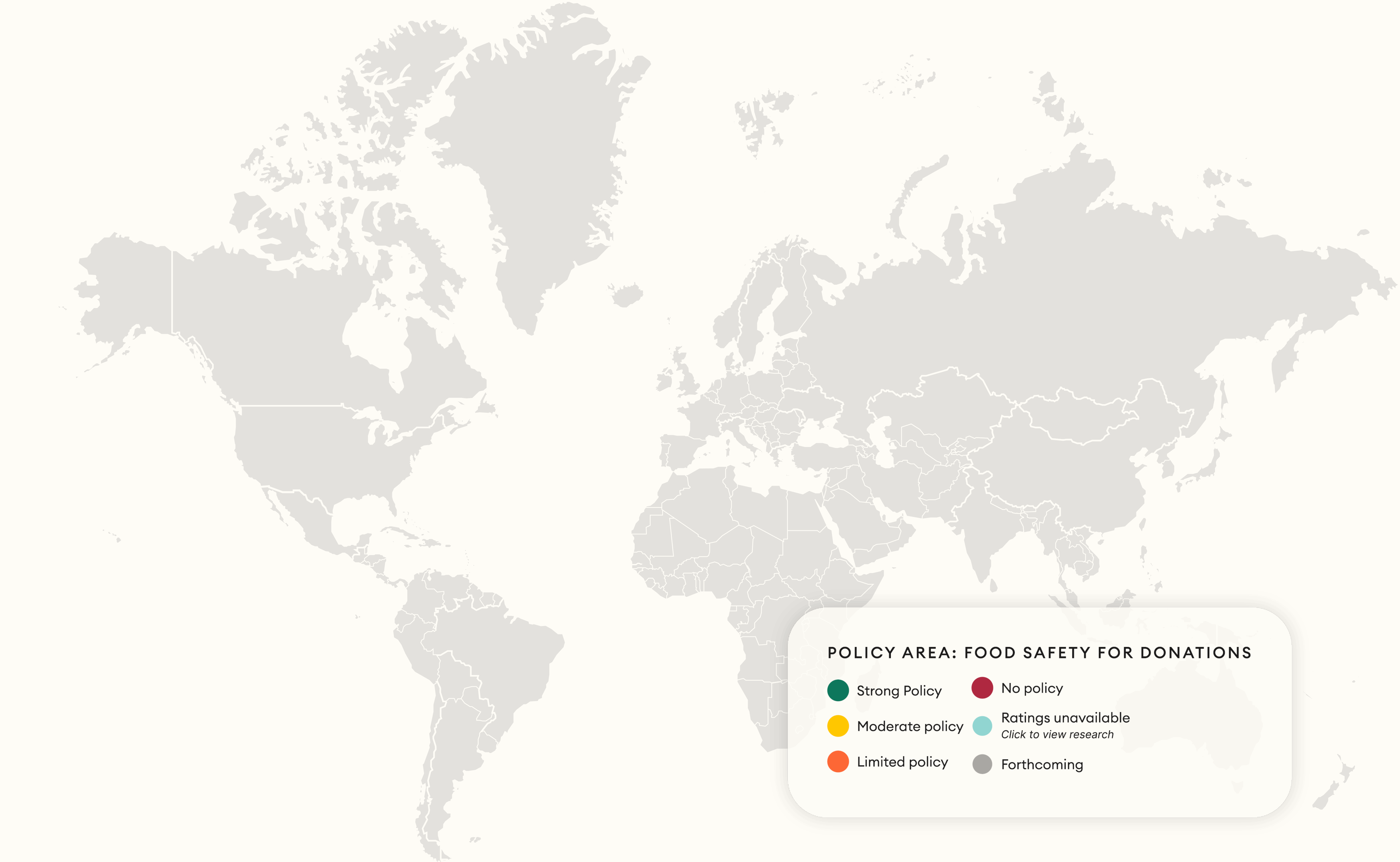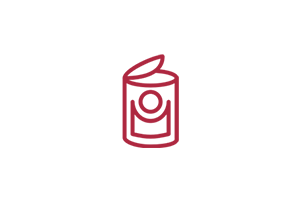India: Policy Highlights and Opportunities
India has grown to become a net food exporter, yet despite these agricultural expansions, 40% of all the food produced in India is wasted. At the same time, India continues to struggle with hunger—close to 40% of the Indian population is under-nourished, and studies still show that $14 billion is spent annually to grow, process, transport and dispose of food that is never eaten.
Atlas Research: India
Policy Highlights
India research was published in June 2020 and was made possible with the advice and support of our on-site partners, including Feeding India by Zomato.
Policy Opportunities and Recommendations





